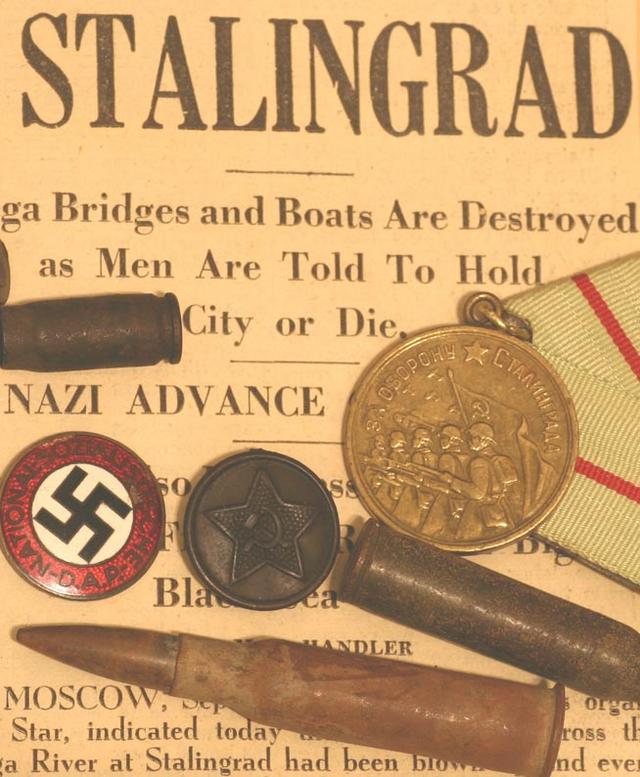News Archive
Geoffrey Roberts reassesses Soviet victory at Stalingrad on its 70th anniversary

Seventy years ago, this week, Hitler’s armies surrendered after 200 days of brutal fighting at Stalingrad, Stalin’s city on the river Volga. Prof Geoffrey Roberts, School of History, assesses the impact of this Soviet victory.
Prof Geoffrey Roberts argues that the Soviet relief of Stalin’s city was as much a psychological victory as it was a physical one. From the moment of German surrender, on February 2, 1943, the tide of war was to turn against the Nazis. War was to end in Europe in 1945 with savage fighting for another great city – Berlin. Roberts, in his assessment of the Battle of Stalingrad, argues that the ultimate story of the campaign remains not “Hitler’s mistakes but Stalin’s successes” in adapting his leadership and the Soviet system to the needs of Russia’s Patriotic War. In the aftermath of the Second World War Stalingrad’s significance was to be lost to cold war polemics. Yet, as Roberts argues, the fault-lines of contemporary Europe can be traced back to this Soviet victory.
Read Professor Geoffrey Roberts “Out of the Rubble” Irish Examiner (Saturday 2 February 2013)
Hitler’s attack on Russia was the beginning of the end for Nazi Germany, writes Prof. Geoff Roberts Last Men Standing Irish Examiner
For more information on the work of Geoffrey Roberts, historian and biographer, please visit his website
Further events to mark Stalingrad's 70th anniversary
Geoffrey Roberts interviewed on BBC Radio Four's The World Tonight (interview starts 30m 28 secs in)
Geoffrey Roberts interviewed on Voice of Russia radio
Geoffrey Roberts participates in Philosophy Football’s Victory at Stalingrad Night in London
Geoffrey Roberts presents a lecture on Zhukov, Stalingrad and the Great Patriotic War to an audience in London including the Russian ambassador to Great Britain
